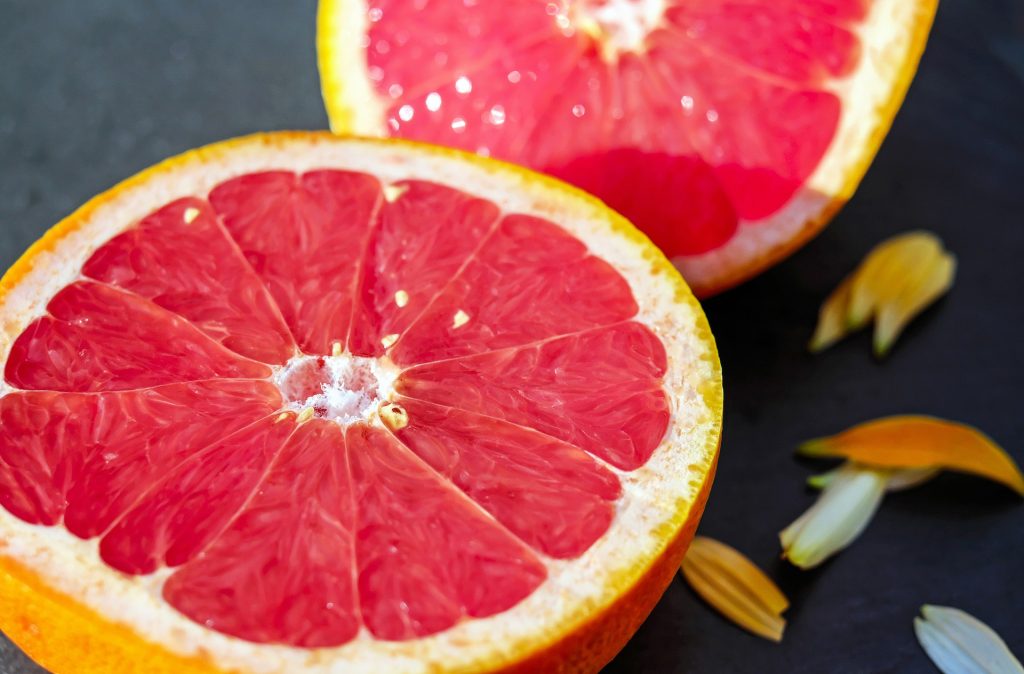 Arterial stiffness is one of the physiological changes that is associated with cardiovascular disease. Arteries must be elastic because they deform as pressure increases with blood flow and this ability to deform is a requirement of the maintenance of correct systolic and diastolic blood pressure. As arterial stiffness decreases due to cardiovascular disease, blood pressure rises, particularly the diastolic pressure. Maintaining elasticity in the artery wall is therefore paramount to health and a number of nutritional factor are known to affect this elasticity of arteries. Oxidative stress is particularly damaging to arterial health because free radicals are able to decrease the activity of an enzyme called nitric oxide synthase. This enzyme produces nitric oxide in the artery walls and it is this nitric oxide that is required for the correct relaxation of arterial muscle in order to facilitate elasticity. Diets high in antioxidants that inhibit free radical generation and reduce oxidative stress therefore may reduce arterial stiffness.
Arterial stiffness is one of the physiological changes that is associated with cardiovascular disease. Arteries must be elastic because they deform as pressure increases with blood flow and this ability to deform is a requirement of the maintenance of correct systolic and diastolic blood pressure. As arterial stiffness decreases due to cardiovascular disease, blood pressure rises, particularly the diastolic pressure. Maintaining elasticity in the artery wall is therefore paramount to health and a number of nutritional factor are known to affect this elasticity of arteries. Oxidative stress is particularly damaging to arterial health because free radicals are able to decrease the activity of an enzyme called nitric oxide synthase. This enzyme produces nitric oxide in the artery walls and it is this nitric oxide that is required for the correct relaxation of arterial muscle in order to facilitate elasticity. Diets high in antioxidants that inhibit free radical generation and reduce oxidative stress therefore may reduce arterial stiffness.
Flavonoids are a group of plant chemicals that have been shown to be bioavailable in humans and possess significant antioxidant capacity. Evidence suggests that diets high in flavonoids are beneficial to the health and may decrease the risk of cardiovascular disease. One way that flavonoids may be beneficial is by allowing the elasticity of arteries to be retained. Grapefruits contain a subclass of flavonoids called the flavanones and these may have particular beneficial effects at preventing arterial stiffness. For example, in one study, researchers fed a group of individuals, some of whom were overweight, 340 mL of grapefruit drink per day for 6 months. This grapefruit drink was analysed and shown to contain 210 mg of naringenin glycosides, a flavanone known to be present in grapefruit. The subjects acted as their own control by consuming a similar tasting drink that contained no naringenin glycosides for 6 months at another time. The researchers then assessed the arterial stiffness of the subjects.

Grapefruits are a rich food source of the flavanone group of flavonoids. Flavanones in grapefruit include naringin, hesperidin and narirutin.
The results of the study showed that the arterial stiffness (as measured by the carotid-femoral pulse wave velocity) was significantly lower in those subjects consuming grapefruit drink compared to the control drink. These results therefore provide a mechanisms by which flavonoids may protect from cardiovascular disease. Clinical trials such as this are important because epidemiological evidence suggests that flavonoids are associated with cardioprotection, but no cause and effect can be inferred from such studies. Clinical trials such as this however, provide the mechanisms by which flavonoids are able to cause cardioprotective effects. A number of diets and foods have been shown to improve arterial stiffness and improve the endothelial function of arteries and the common factor in such diets and nutrients is the presence of antioxidants. It is therefore likely that antioxidant protect from cardiovascular disease because they decrease arterial stiffness.
RdB
